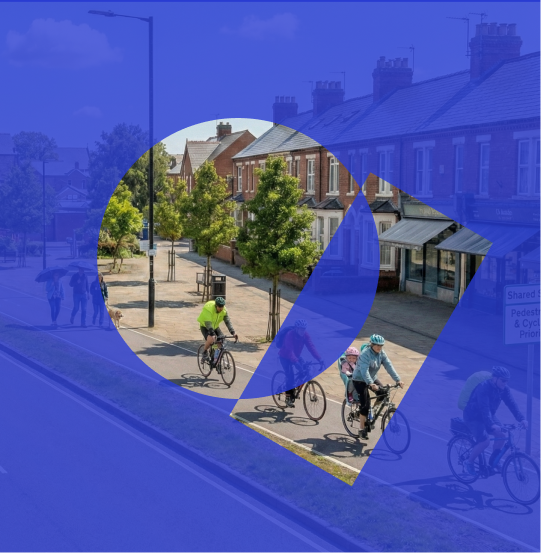APPYPARKING CLOSES £7.6 MILLION SERIES A FUNDING
- Funding to accelerate the firm’s mission to make parking forgettable by digitising the kerb, helping unlock intelligent mobility for the public and private sector.
LONDON, UK – 8am, 16 July 2019: AppyParking, the kerbside management and mobility technology firm that is transforming parking for motorists and empowering local authorities and car park operators to better manage their assets, announced that the company has just closed a £7.6 million Series A round.
The funding round includes new strategic investment from Hyundai Motor Company and Sumitomo Corporation. It was led by West Hill Capital, the London based venture capital firm, with participation from existing investors Aviva Ventures and Breed Reply. The investment brings AppyParking’s total funding since launch to over £11 million and will enable the company to accelerate product development, support domestic and international growth and continue to expand their talented team.
Founded in 2013 with the launch of their award-winning smart parking app, AppyParking is on a mission to make parking forgettable and help prepare cities for the rise of autonomous vehicles. They were the first company in the world to focus on the need to create a ‘digital infrastructure twin’ of all kerbside restrictions to enable better access for all types of road-users. Last year the company began mapping all of Greater London’s restricted road network in high definition, up to an accuracy of 3cm. AppyParking now hosts the largest dataset of the UK’s kerbside restrictions which is aligned with the recently announced data standard by the Alliance of Parking Data Standards (APDS), with over 400 towns and cities forecasted to be mapped by the end of this year.
Dan Hubert, Founder and CEO of AppyParking: “Across the world ‘Smart City’ projects are underway to develop autonomous vehicle and intelligent mobility solutions to help save our cities from grinding to a standstill. The challenge is real and technological innovation is racing ahead of the legacy infrastructure in place to manage a key piece of city real estate – the kerb. By empowering local authorities with the tools that help them better manage and open up their kerbside, we’re helping them to address key issues like congestion and air quality, whilst also laying the future foundations for truly sustainable intelligent mobility. It’s a real achievement for the whole team to secure this investment and I’m extremely excited to have Hyundai and Sumitomo on board to support our mission. Work is already underway to take our mission global as we aim to make the humble kerb work for everyone, and help cities thrive.”
Takashi Yamana, President and CEO of Sumitomo Corporation Europe, commented: “With existing mobility service across the Nordic region and ‘Smart City’ projects in Europe and Asia, we expect through this investment we can harness AppyParking’s technology and innovative approach to support these existing businesses, whilst of course helping accelerate their growth internationally.”
Dr. Yun-seong Hwang, Vice President of Hyundai Motor Company added: “We believe that parking and kerbside access are key components to enable the full potential of any future mobility strategy. We recognize that AppyParking’s competencies and technology could solve important parts of the mobility ecosystem and this aligns with Hyundai’s strategic vision.”
—- ENDS —-
About AppyParking
AppyParking is on a mission to make parking a truly forgettable experience. We understand how fragmented infrastructures and stand-alone solutions cause stress and hassle for the most mundane of daily tasks, like finding and paying for a parking space. We know there’s a better way of doing things and so we’re building innovative and future-ready solutions from the bottom up, to improve the way parking is accessed and managed.
Our holistic kerbside management platform provides a ‘future of mobility’ conduit between the private and public sector, ensuring standardised kerbside data can flow between local authorities and mobility operators, unlocking the barriers that hinder the adoption of intelligent mobility solutions and ultimately make the kerb work for everyone, physically, socially and commercially.







